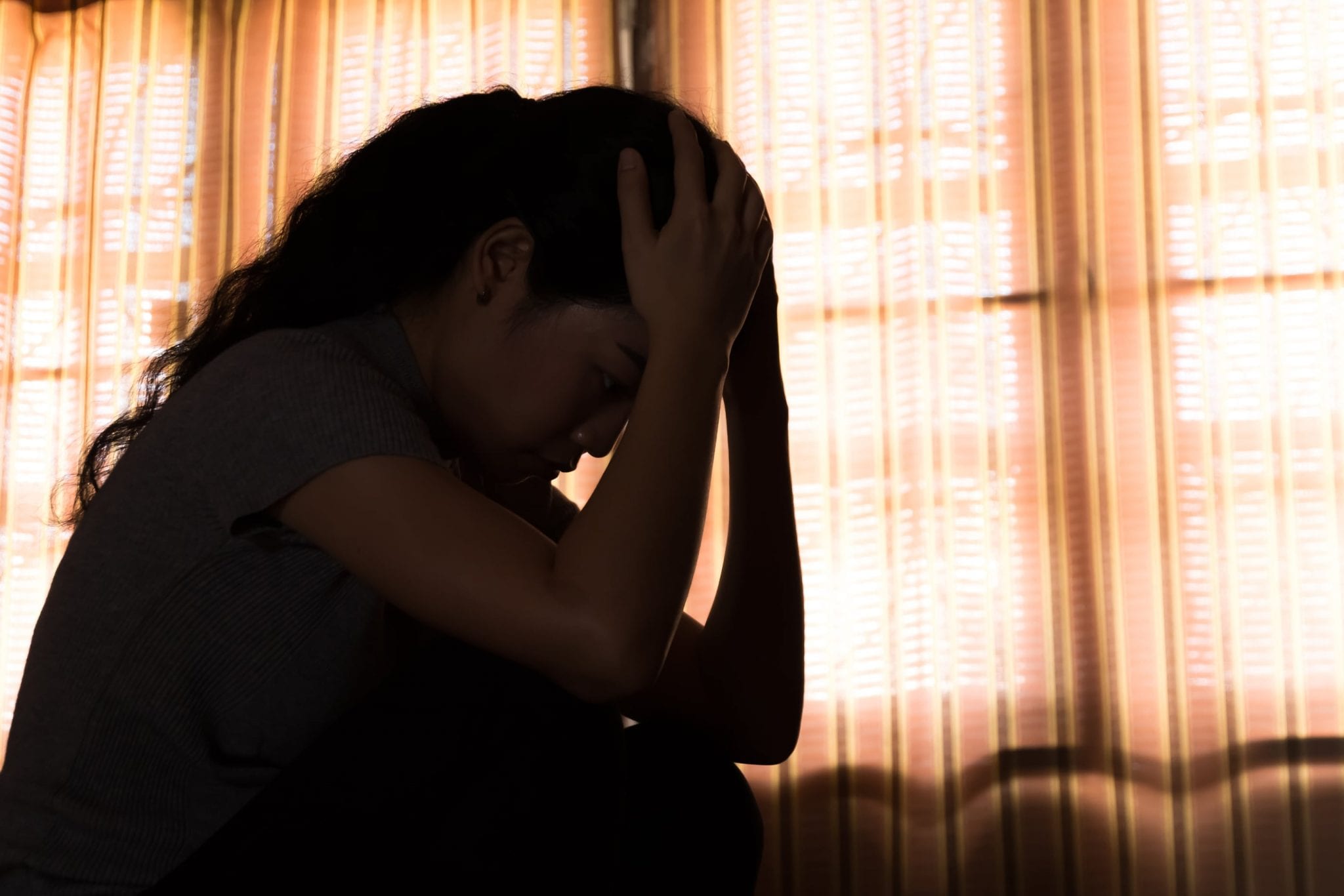Pregnancy and childbirth can be extremely taxing on mothers. Not only do their bodies take on massive amounts of physical stress and changes, but the process can have an effect on their mental health, as well.
Many new mothers will experience intense feelings of sadness and anxiety following childbirth, which is often a result of postpartum depression. Postpartum depression is a mood disorder similar to other variations of depression that occurs after childbirth.
There’s no explicit cause of PPD, but it may be tied to hormone changes that occur during pregnancy.
What Are The Symptoms Of Postpartum Depression?
Women suffering from postpartum depression can experience a variety of symptoms, including but not limited to:
- Feelings of sadness, hopelessness and emptiness
- Feelings of intense worrying and anxiety
- Sleeping problems
- Isolation and withdrawal from family and friends
- Moodiness and restlessness
- Feelings of anger and rage
- Changes in appetite
- Experiencing doubt in her ability to care for her child
- Crying for no reason or more than usual
- Aches and pains
- Thoughts about physical harm to herself or her baby
How Common Is Postpartum Depression?
Over 3 million women suffer from postpartum depression each year, with the DSM-5 stating that between 3 and 6 percent of all women will experience PPD, also known as Major Depressive Disorder with Peripartum Onset.
According to the National Alliance on Mental Illness, women who experience PPD have a 30 to 50 percent chance of experiencing it again. Additionally, women who have suffered from depression or other mood disorders in the past are more likely to experience PPD, according to March of Dimes.
Is Postpartum Depression Treatable?
Fortunately, PPD is treatable, but it needs to be addressed in order for women to get better. If left untreated, PPD can linger for months and even years, affecting mothers’ abilities to take care of themselves and their families.
Women who believe they may be suffering from PPD should get in touch with a health care professional to determine the right course of action for them. Treatment varies from woman to woman, with support groups, therapy and medication all being common treatment options for PPD.
The Robin Study
The Robin Study is a current clinical trial designed to test the effectiveness and safety of an investigational oral medication for women with PPD.
Interested participants will take the study drug for 14 nights and have nightly phone calls with a study coordinator to discuss their experiences with the medication. Study volunteers receive free study-related medical care, free medication and may be provided with transportation assistance on a case-by-case basis.
Women interested in being considered for the study can sign up below.







